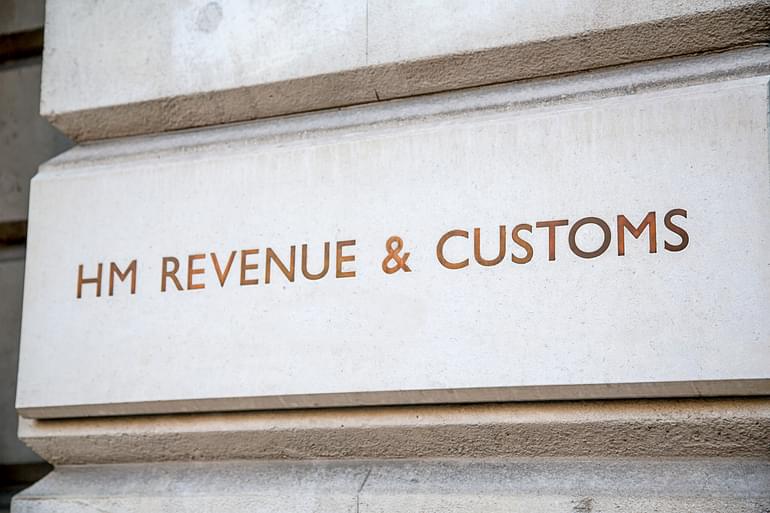HMRC cracking down on overseas landlords
By David Asker on

New streamlined procedures that make it easier for landlords to use a High Court Enforcement Officer (HCEO) to evict residential tenants came into force on 23rd August 2020.
Read the full details here
UK expats often rent out their primary residence when they relocate overseas. It is also the case that some individuals relocate for the primary purpose of limiting their UK tax bill. HMRC is undertaking a sustained campaign to ensure that overseas landlords are paying the tax they owe in full.
Powerful investigation tools
HMRC is using data it already holds that has been obtained as part of data sharing agreements with over 100 countries. This data is coupled with the use of their in-house artificial intelligence powered database Connect Now. Connect Now enables cross checks of information ranging from tax returns to Land Registry data and estate agent client lists to tenancy deposit schemes. This information is then used to target those landlords suspected of avoiding tax.
HMRC is sending letters to both landlords and tenants of properties that have been identified using this data.
Tenants’ letters
The letters received by tenants include a form requesting various details, including the date the tenant started renting the property and the total amount of rent that is being paid.
The letters also advise tenants that they might have to pay all or some of their rent directly to HMRC to fulfil the tax obligations of their landlord.
Company letters
HMRC has identified many properties that are being let out by overseas companies.
The letters being sent to those companies request details of the ownership structure and whether the property is held by a trust.
HMRC is using every means necessary to track down tax avoiders and is giving those that have received letters the opportunity to ensure they are paying the right tax, with the underlying threat of investigation if the landlord isn’t fully compliant.
The number of landlords who are living overseas and declared taxable income has risen from 246 to 397, representing an increase of 61%.
The message from HRMC is clear: if you are trying to avoid paying your fair share of tax, they will be aware and doing as much as possible to ensure this is rectified.

David Asker
David is an authorised High Court Enforcement Officer and our Director of Corporate Governance
